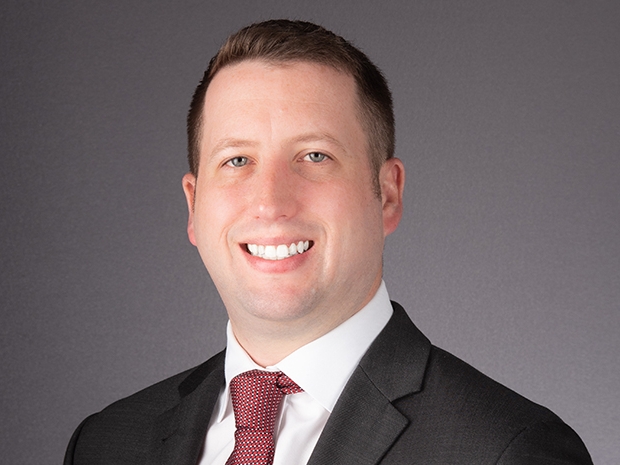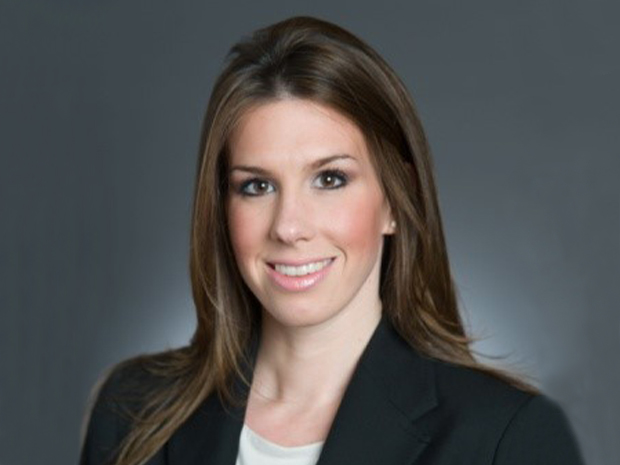Increased regulation and investor demand for transparent, real-time reporting have heightened the need for better tax data.
Key takeaways
General partners who invest in tax technology should look for an advanced solution that uses data for more than reporting.
Leveraging the right tax data strategies can help turn the tax function from a cost center into a value-creation center.
For the last decade or more, general partners have devoted real money and time to creating and managing robust data platforms that allow limited partnerships to slice and dice information as they please. Technology can be a key differentiator, but with so many solutions in the marketplace, GPs can struggle to understand if and when they need to upgrade their systems.
RSM US LLP’s leader of the investment fund tax practice, Christa Clark, and senior tax manager and real estate analyst, Scott Helberg, shared their perspectives with Private Funds CFO on tax data and technology and the reason that GPs need to make sure their technology solution can do more with data than merely report it.
What forces are driving the demands for better tax data?
Scott Helberg: First and foremost, the LPs. Their request for transparency is becoming more unique and specific every year. It's important that you're able to establish that trust and reliability with your LPs; otherwise, they may not be as interested in writing another check during your next fundraise.
Christa Clark: In addition to that, generally, the equity from ultrahigh net worth individuals and family offices can be very tax-motivated. Because of this, we've seen an increase in demand for transparent, real-time reporting.
Helberg: There's also the regulatory perspective, where the tax laws continue to increase in complexity. We’ve seen this as recently as this past year with the introduction of Schedules K-2 and K-3, continuing to add compression to meeting deadlines. This was a large expansion of reporting requirements as it relates to foreign investment and foreign investors. The overall investment community needs to be prepared to pivot and expand that reporting, and understand what that impact is, whether that relates to high net worth individuals, institutional investors, or corporations.
Lastly, funds are continuing to get larger, and GPs are getting more and more creative in order to attract capital. It has become vital that your service providers are capable of handling that volume and complexity. Tax technology is a pivotal piece of that effort.
Given those forces in play, how should GPs vet their current tax technology? How do they know they need that upgrade?
Helberg: It's important that GPs test how quickly they are able to answer questions or requests from investors in utilizing their data and their tax technology. If you don't have that on-demand access to your data, with the ability to answer LP requests or evaluate the potential tax impact of upcoming transactions, then it's time for an upgrade. As a GP, your tax provider and your tax technology should never limit your growth.
Clark: I always suggest our clients take a step back and ask themselves: “Does my tax data work for me or am I working for my tax data?” It’s a compelling question because when the data is managed manually, there's not only extra time being sacrificed in that process, but there is an increased probability of human error.
Tax teams should be considered the super-users of an organization's data. They generally are struggling to centralize data on a regular basis and that adds a lot of time to an already time-sensitive process. Think about the full journey of “tax” data. It's data, just organized with additional tags, but it gets exchanged and used so many times before its journey comes to an end.
Let’s say the tax team is not integrated with the reporting process, then additional information that may be needed will not be included. Suddenly, people need to backfill that information in those time-sensitive periods, which causes bottlenecks and creates stress in an already stressful time. Those are key indicators that a GP needs an upgrade.
How should GPs vet the best way to upgrade their system and process? There’s no shortage of solutions from all kinds of vendors and consultants, so how do they choose the right one?
Clark: Generally, GPs need to consider what their data ecosystem will look like and how it will drive value. I would look for a situation where all the data is centrally located with one provider that can deliver an end-to-end platform experience. There's tremendous value behind having one solution that can integrate and solve for everything from data ingestion to the final deliverable. But then in between those points, it is also able to access and analyze that data to exceed any expectations in reporting, visibility, and planning, because you may not be able to predict everything the LPs are going to be asking for.
Helberg: To add to that, the platform is important, but it is only one piece of the puzzle. I still think the most important factor to evaluate is the people behind the system. PartnerSight, which is RSM’s tax technology, is just one part of the overall RSM service. It's not just a program that’s downloaded—we're consistently working with our clients, making sure that they're utilizing tax strategies that continue to align with their overall business needs. Make sure the technology works but understand that it’s only part of the solution.
Clark: Scott makes a great point. The fact is, we can customize the technology to automate for specific deliverables, which is powerful on its own. But another compelling component of the solution comes from having a consultative team with deep industry experience sitting alongside the technology, who can think through anything from sophisticated tax planning ideas under current law to the effects of potential changes in tax legislation, and other regulatory matters. That knowledge plays a role in expanding what we demand of a data ecosystem.
Helberg: We argue that it is crucial to think about data more holistically, and ensure that everyone, from accounting, to finance, to tax advisors can all use the data for their own ends. There needs to be a total integration in the flow of work so that information can be deployed in all the ways it needs to be, for investor relations, tax, or other needs.
Clark: It is also important to look at just how automated a system is. There can be a beautiful, elegant dashboard, but how is data ingested? Does it require several manual processes? How does it integrate with other systems? The system needs to be evaluated by the work required to maintain and use it. Although a swift onboarding process is a nice-to-have, it’s more about how efficient the system as a whole can be going forward.
Helberg: The other upside to automation is that it frees up the time of the staff to do more interesting and challenging analytical work instead of manually inputting information for days at a time. There remains a talent war in the industry and the finance function doesn’t always offer a clear path to growth and promotion. With a more automated workflow, staff can spend more time on intellectually rewarding work, and that’s the work that can lead to job satisfaction and new skills that benefit both the firm and their career.
It’s true that GPs tend to be very aware of their LP expectations for information, but is there any value in asking a few key investors what their ideal information experience would be like? To confirm any assumptions they’re making about reporting standards?
Helberg: We see all the questionnaires that arrive from LPs, so that information is normally in hand and informs what we do. However, I do think that we should note that trust still matters. I work in real estate, and when the pandemic arrived, there was a tremendous appetite for information about what happens at the property level. For example, what is the status of the office rental market when the country must work from home? Our clients were able to access their data easily and quickly enough that they could inform their investors in real time as things evolved. That kind of transparency can make LPs feel comfortable enough that, even with the arrival of some new system, they will remain the priority.
In many ways, any private capital firm will have its unique needs and complexities, but are there any general principles that should shape the process of maintaining and upgrading its systems?
Clark: We believe the guiding principle here should be turning the tax function from a cost center into a value creation center. That comes from getting real-time insights from that data to make better investment decisions. Yes, it’s crucial to report to LPs, but what are you doing with that data beyond that to create value?
For every transaction, there are two pieces to the tax issue. There's the compliance piece and reporting that happens a year later and you want that to be as efficient and seamless as possible. And then there is the tax consulting and advisory piece that has the potential to drive real value and happens as the transactions occur. So, when a GP is structuring an acquisition or a divestiture, the technology and the advisor can help identify any tax leakage or structural inefficiencies and address it before the transaction closes, thereby creating real-time value.
We had one situation recently where a prospective client, a private equity firm that owned several restaurants, was throwing off enormous tax losses that the ultimate investors could not use. When we ran the scenario through our tax technology, our tax advisory team was able to look at the big picture with full transparency and easily spot a special tax election available to help free up those losses. It’s that type of realization that would be difficult to see while digging through individual Excel spreadsheets alone. That’s how the right mix of technology and tax advisors can allow the tax function to create value, which is the new standard for us and the wider industry.
Article originally published by PF CFO.



